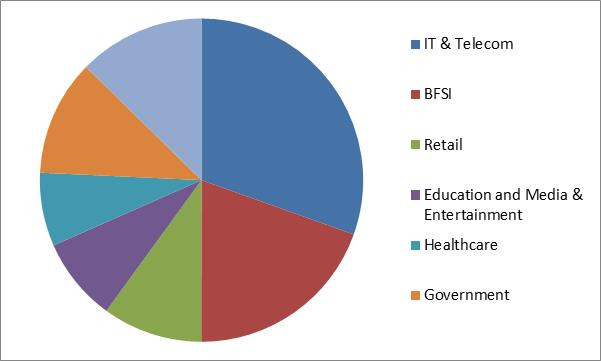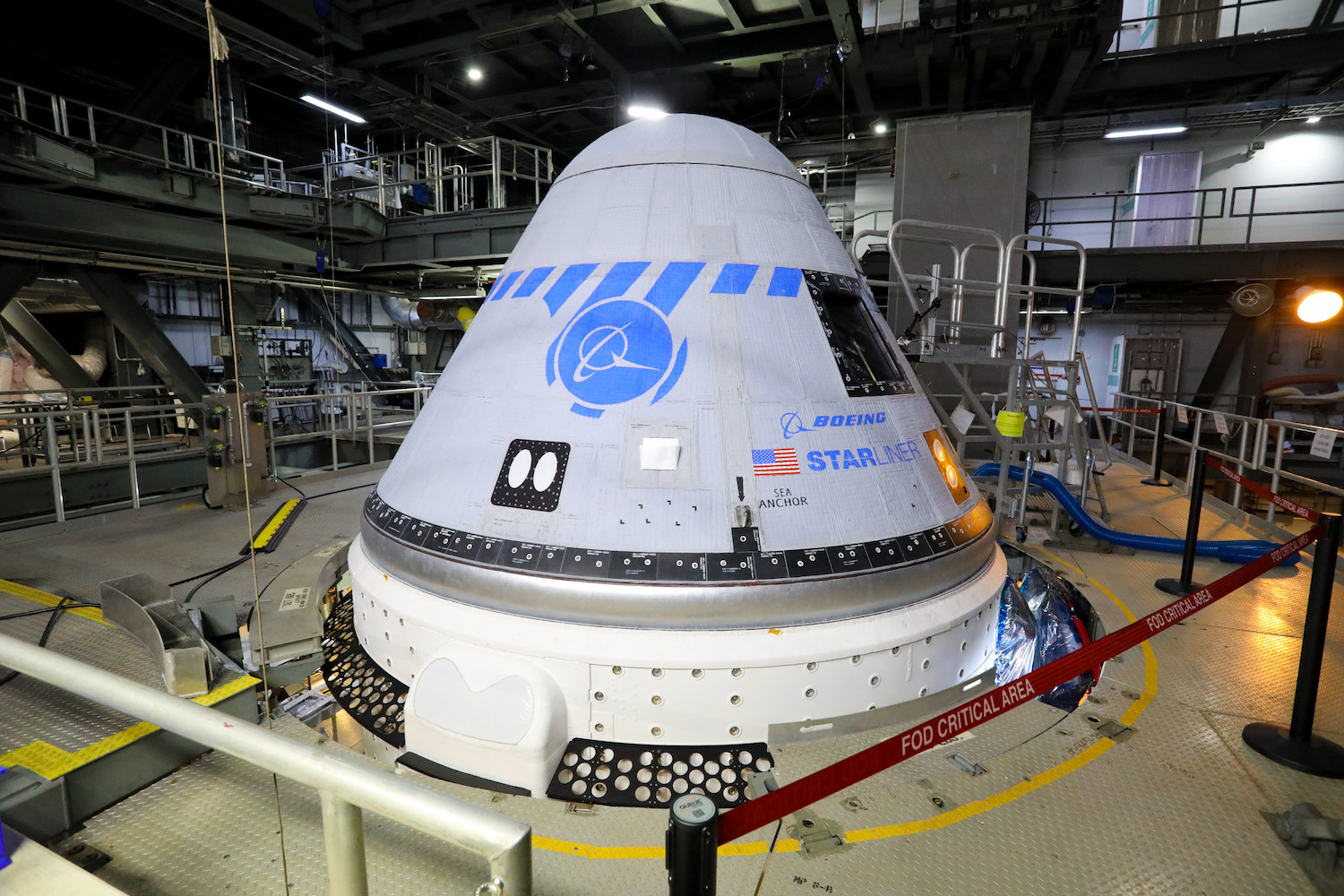The Rise of Data Center Networking: A $64.2 Billion Market by 2029
The Data Center Networking Market is poised for significant growth, with projections indicating a value of $64.2 billion by 2029. This surge is driven by the accelerating adoption of digitalization and automation across businesses. As businesses embrace these technologies, the demand for robust and scalable data center networking solutions skyrockets. This translates into an anticipated Compound Annual Growth Rate (CAGR) of 11.3% during the forecast period, highlighting the industry's dynamic growth trajectory.
Key Drivers Shaping the Data Center Networking Market
Several factors are converging to fuel the growth of the data center networking market.
-
Digitalization and Automation: The relentless shift towards digitalization and automation is a primary driver. Businesses are increasingly relying on cloud computing, big data analytics, and artificial intelligence (AI) to optimize operations and gain a competitive edge. These applications require high-bandwidth, low-latency networks, propelling the demand for advanced data center networking solutions.
-
Enterprises Leading the Charge: Enterprises are at the forefront of adopting data center networking technologies. Their focus on innovative networking solutions stems from the need to manage increasing data volumes, enhance IT operations reliability and availability, and leverage data for analysis and decision-making. Moreover, these technologies are crucial for supporting cloud computing initiatives and ensuring seamless IT systems management, ultimately contributing to competitive advantage and innovation.
-
Software-Defined Networking (SDN) and Network Function Virtualization (NFV): SDN and NFV are key enablers of data center networking growth. SDN provides greater network flexibility and agility by decoupling the control plane from the data plane, allowing for centralized management and dynamic provisioning. NFV virtualizes network functions, enabling scalability, cost optimization, and faster deployment of new services. This combination is crucial for enterprises seeking to optimize their data center infrastructure and respond swiftly to evolving business needs.
-
Emerging Technologies: AI and ML: The integration of AI and ML into data center networking is a transformative trend. These technologies empower network automation, enhance security by detecting anomalies and predicting threats, and optimize resource allocation. This adoption further fuels market growth, as businesses strive for greater efficiency, security, and performance in their data center networks.
Software Solutions Taking the Lead
The software segment within the data center networking market is projected to exhibit the highest CAGR during the forecast period. This growth is fueled by the increasing demand for solutions that manage and optimize complex hosting environments within data centers. Data center networking software provides critical tools for efficient network management, monitoring, and optimization, ensuring high productivity and reliability in data centers.
The growing demand for network virtualization is a key driver for software solutions. Virtualization technology simplifies network changes by reducing reliance on physical hardware, thereby lowering costs and complexity. As the number of IoT devices, cloud computing services, and big data analytics initiatives expands, the need for powerful software to manage network resources efficiently becomes increasingly critical.
Furthermore, the incorporation of AI and ML into data center networking software is accelerating market growth. These technologies enable proactive network issue prediction, automation of repetitive tasks, and overall network optimization. This translates into improved organizational competency and ensures secure, continuous network functionality.
Europe's Role in the Data Center Networking Landscape
Europe is projected to hold the second-largest market share in 2024. This growth is attributed to the region's focus on developing high-speed, low-latency networks and adopting new data center architectures. These are essential for supporting advancements in AI, machine learning, and big data, which require significant computational power and data storage capacity. European governments are actively promoting digital environments and technological advancements, further fostering market growth.
Data sovereignty and privacy regulations are also driving the adoption of data center networking in Europe. These regulations encourage the use of local data centers to ensure compliance and meet stringent performance standards. As a result, enterprises and service providers are investing in sophisticated regional data center facilities to meet these requirements.
Key Players Shaping the Data Center Networking Market
The Data Center Networking market is characterized by a competitive landscape featuring several key players. These include:
- NVIDIA
- Arista Networks
- Dell
- Cisco
- Huawei
- Broadcom
- HPE
- Nokia
- Intel
- ZTE
- Extreme Networks
- Edgecore Networks
- Lenovo
- Juniper Networks
- F5
- A10
- Alcatel-Lucent Enterprise
- NETGEAR
- 6WIND
- H3C
- Kaloom Networks
- Pica8
- Arrcus
- Larch Networks
- ZPE Systems
- Nuage Networks
- Netris
These companies are actively developing innovative solutions and expanding their market presence through strategic partnerships and acquisitions. They are also investing heavily in research and development to remain at the forefront of technological advancements in the data center networking space.
Looking Ahead: The Future of Data Center Networking
The future of data center networking is bright, driven by the relentless pursuit of greater efficiency, security, and scalability. Several trends are shaping this future:
-
Edge Computing: The rise of edge computing will drive the need for distributed data centers and interconnected networks. This trend presents opportunities for data center networking providers to offer solutions for managing and optimizing edge computing environments.
-
5G and Beyond: The advent of 5G and future generations of wireless technologies will necessitate faster and more robust data center networks. This will drive the adoption of advanced technologies like high-performance computing (HPC) and software-defined wide area networks (SD-WAN) to meet the demands of these next-generation networks.
-
Sustainability: Growing awareness of environmental sustainability will drive the adoption of energy-efficient data center networking solutions. This will incentivize innovation in areas like power management and network optimization to minimize environmental impact.
The Data Center Networking Market is set to play a critical role in supporting the continued growth of digitalization, cloud computing, and AI. As businesses seek to leverage these technologies to their advantage, the demand for robust and scalable data center networking solutions will continue to increase. Key players in the market are well-positioned to capitalize on this growth, while the industry as a whole is poised to witness significant advancements in the years to come.

















